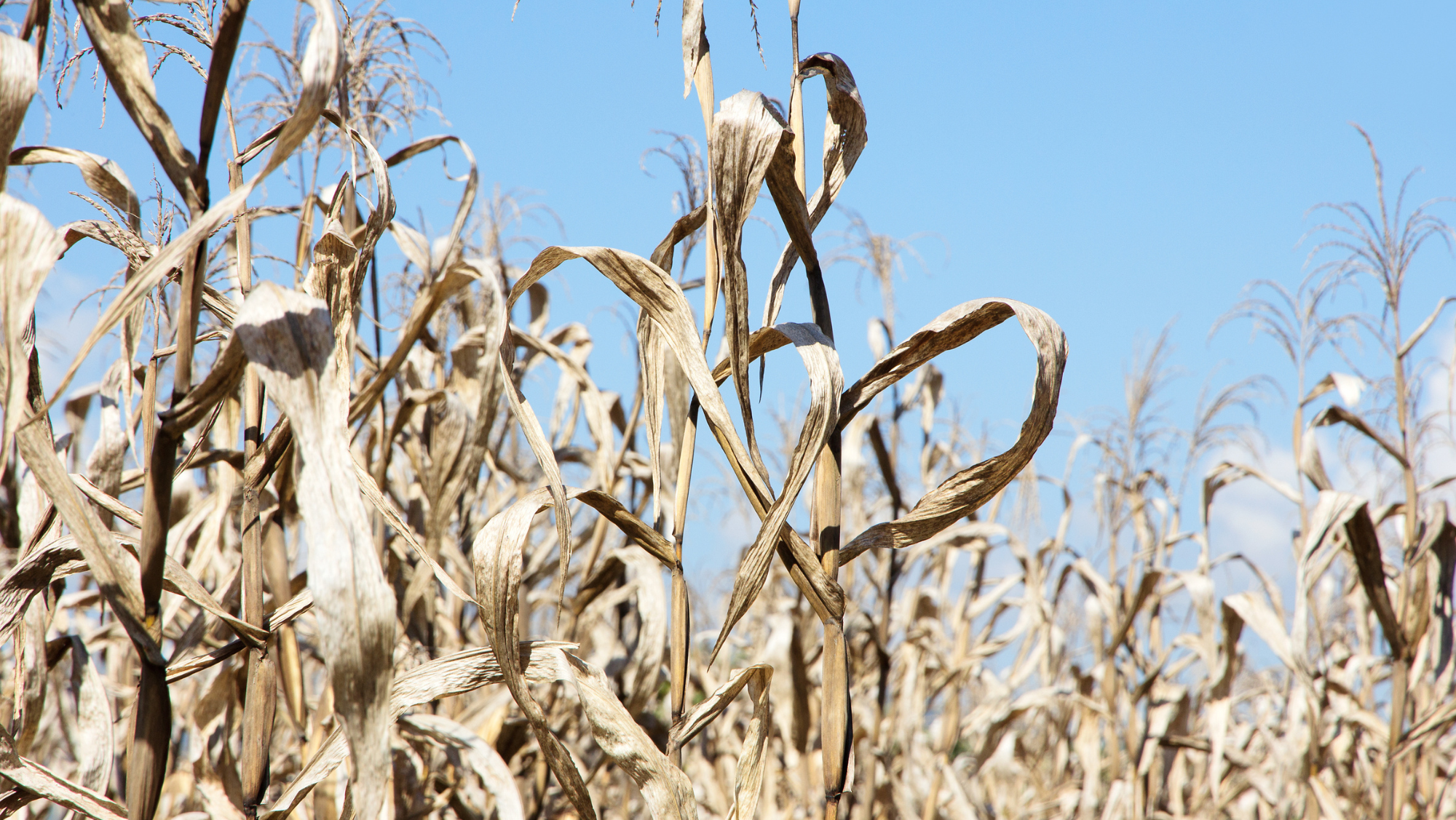Mozambique faces significant challenges in terms of food security and nutrition, with over half of its households affected by food insecurity and approximately one-third experiencing chronic food insecurity. Addressing malnutrition is a key goal for the Government of Mozambique. The construction of the Nacala Bulk Grain Terminal is a pivotal step towards achieving this objective, particularly in the context of mitigating climate risk.
The Climate Challenge
The region is prone to natural disasters. The current severe drought, driven by El Niño, has exacerbated these challenges, resulting in a cereal deficit of over 9 million metric tons across Southern Africa. Millions of people, especially in rural areas, are acutely food insecure, with their livelihoods directly threatened by the high volatility of grain supply caused by extreme climate conditions.
The Role of the Nacala Bulk Grain Terminal
The Nacala Bulk Grain Terminal is set to become a critical asset in addressing these food security challenges. Here’s how it aims to mitigate climate risk and ensure a stable food supply:
- Stable Access to Global Commodity Markets:
The terminal will provide Mozambique with a reliable access point to global grain markets. By facilitating the import and export of various grains, the terminal will help stabilize the grain supply, reducing the vulnerability to local climate conditions.
- Efficient Import Channels:
The efficiency of the Nacala Bulk Grain Terminal will ensure that grains can be imported quickly and in large quantities. This is crucial during periods of sudden supply-demand shocks caused by extreme weather events. The ability to swiftly import grains can prevent acute food shortages and help maintain food security.
- Reduction of Malnutrition:
By ensuring a steady supply of grains, the terminal will support the government’s efforts to reduce malnutrition. With more reliable access to essential foodstuffs, communities across Mozambique will have better nutrition, improving overall health and economic stability.
- Economic Resilience:
The terminal will also bolster economic resilience by supporting the agricultural sector. Farmers and traders will have more consistent access to markets, both locally and internationally, which can enhance income stability and reduce the economic impact of climate-induced crop failures.
The Nacala Bulk Grain Terminal represents a strategic investment in Mozambique’s future, providing a critical buffer against the impacts of climate change on food security. By enhancing the country’s ability to manage grain supply volatility and ensuring stable access to global commodity markets, the terminal will play a key role in mitigating climate risk and supporting the government’s goals of reducing malnutrition and improving food security for all Mozambicans.
